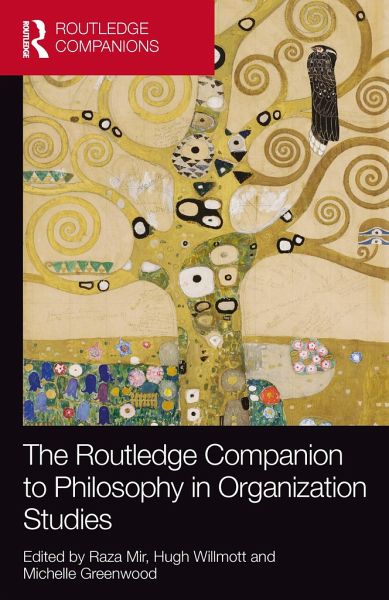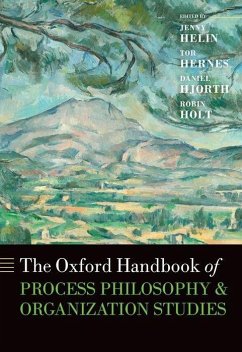
The Routledge Companion to Philosophy in Organization Studies
Versandkostenfrei!
Versandfertig in über 4 Wochen
270,99 €
inkl. MwSt.
Weitere Ausgaben:

PAYBACK Punkte
135 °P sammeln!
The Routledge Companion to Philosophy in Organization Studies provides a wide-ranging overview of the significance of philosophy in organizations. The volume brings together a veritable "who's-who" of scholars that are acclaimed international experts in their specialist subject within organizational studies and philosophy.













